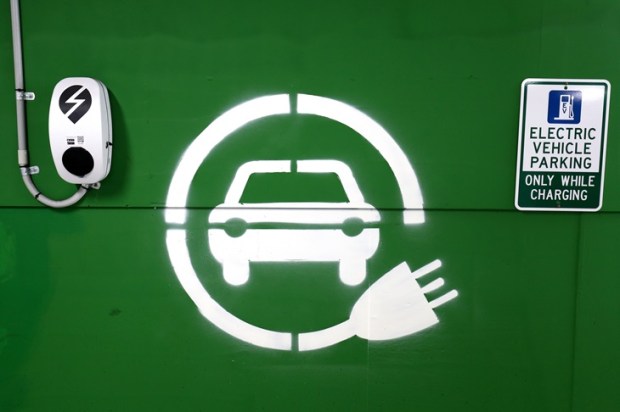It’s home economics class at the pre-school. Today the children are learning about kitchen utensils. The teacher has almost exhausted their attention spans, so fascinating conversations are burgeoning all over the room. “My mum’s egg-beaters are red”. “My mum uses a fork to beat eggs”. “My dad cooks dinner for us”.
Already a subscriber? Log in
Subscribe for just $2 a week
Try a month of The Spectator Australia absolutely free and without commitment. Not only that but – if you choose to continue – you’ll pay just $2 a week for your first year.
- Unlimited access to spectator.com.au and app
- The weekly edition on the Spectator Australia app
- Spectator podcasts and newsletters
- Full access to spectator.co.uk
Or


























Comments
Don't miss out
Join the conversation with other Spectator Australia readers. Subscribe to leave a comment.
SUBSCRIBEAlready a subscriber? Log in